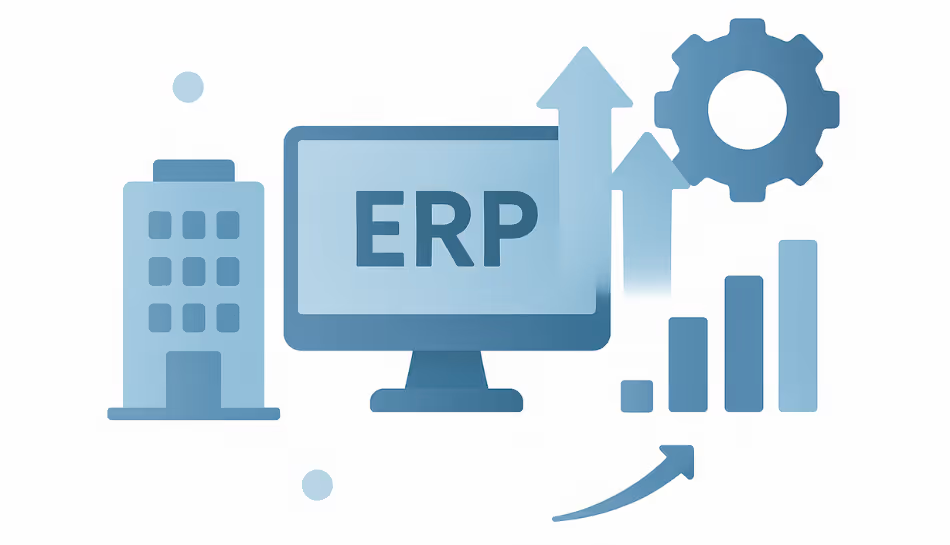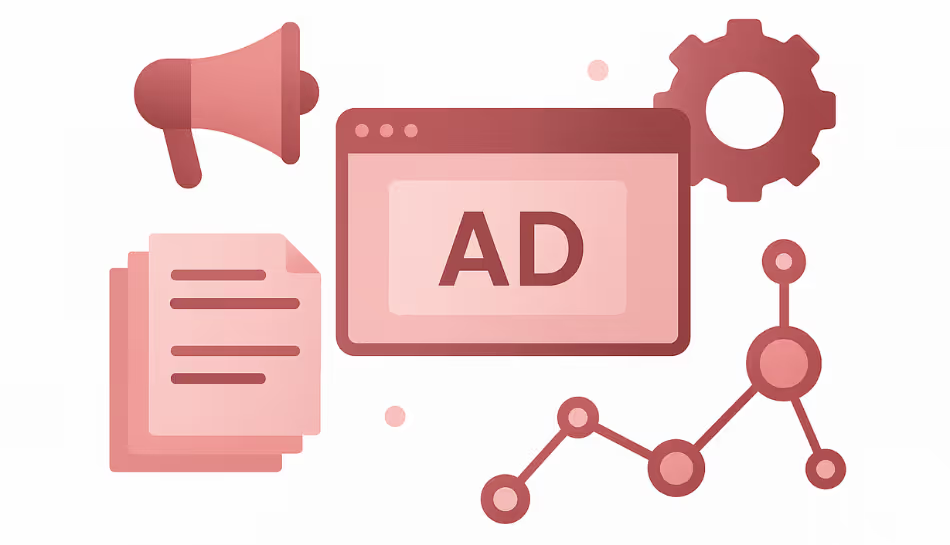
For digital and marketing agencies, every rupee invested must be valuable. In an industry driven by tight deadlines, multiple campaigns, and high client expectations, managing operations manually just doesn’t cut it anymore.
That’s where ERP for marketing agencies steps in, not just to organise things, but to boost your return on investment (ROI).
What is a Marketing ERP?
An ERP for marketing is a software platform that brings together all key business functions, from project planning and campaign tracking to finance and client servicing, into a single, integrated system.
Instead of juggling spreadsheets, emails, and standalone tools, marketing teams can run everything from one dashboard.
How ERP Maximises Your Marketing Budget
- Centralises Campaign Planning and Execution: With marketing ERP software, teams can view campaign timelines, allocate resources, and track progress in real-time. This reduces miscommunication, avoids overlapping tasks, and ensures that campaigns go out on time and within budget.
- Improves Resource Allocation: Every designer, strategist, and analyst in a marketing agency is a valuable resource. ERP lets you plan their availability efficiently, helping you avoid underutilisation or overbooking, both of which can eat into profits.
- Tracks Budgets and Spend Down to the Last Rupee: You can set campaign budgets, track actual spending, and get alerts when limits are close. This visibility ensures you never go overboard and allows quicker adjustments mid-campaign if needed.
- Gives Real-Time Performance Insights: How’s that campaign doing? Is it generating enough leads? Are you overspending on ad platforms? ERP for digital agencies connects with marketing data to give you reports that help tweak strategies instantly for better ROI.
- Streamlines Client Billing and Reporting: No more chasing down hours worked or deliverables sent. ERP tracks everything in one place, making client billing smoother, faster, and more accurate. This increases cash flow and fosters customer trust.
Why Marketing Agencies Need ERP Now More Than Ever
The pace of marketing has changed. You’re managing more campaigns, across more platforms, with more data than ever. An ERP system designed for marketing helps you stay in control, reduce waste, and focus your energy on creativity and results, not admin work.
Final Take
Your agency’s ROI doesn’t only depend on the creative side. Operational efficiency plays a huge role, and ERP for marketing helps you get there. From better budget use to stronger campaign results, ERP software is no longer optional... it’s essential.
Ready to stop guessing and start optimising your spend? An ERP for digital marketing agencies might be the smartest move you make this year.

